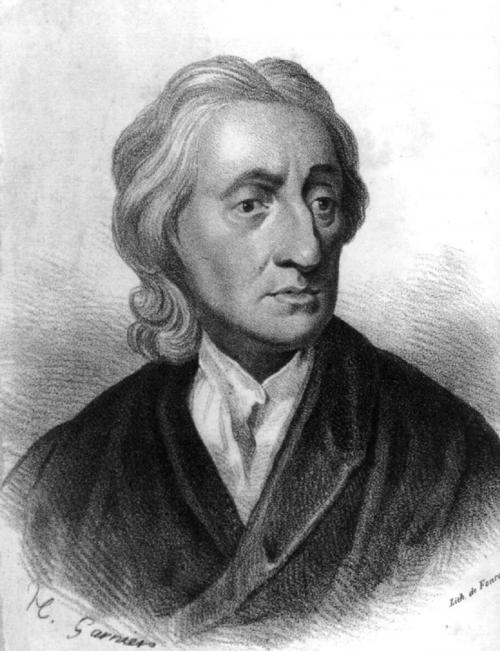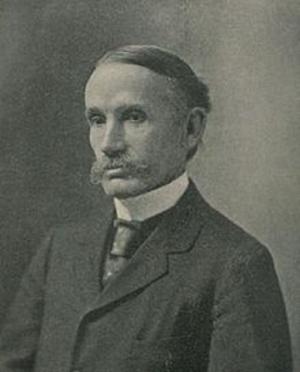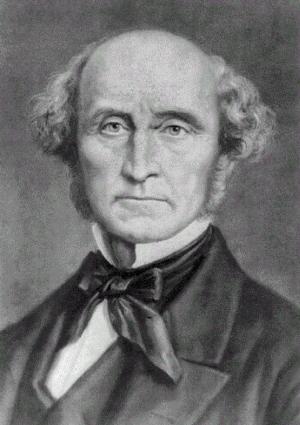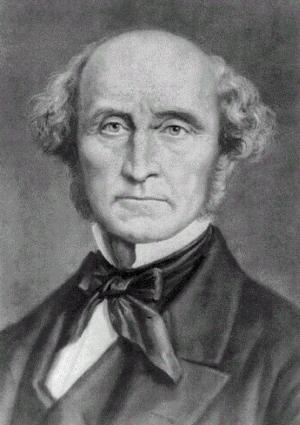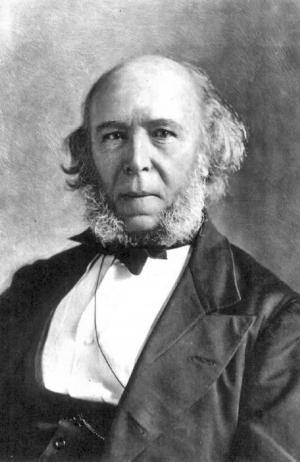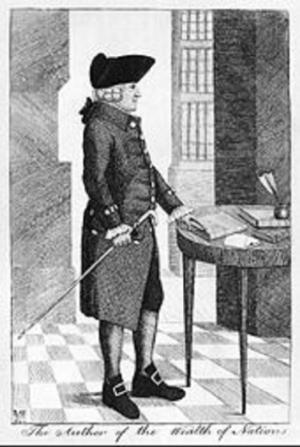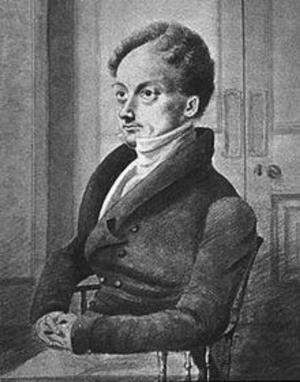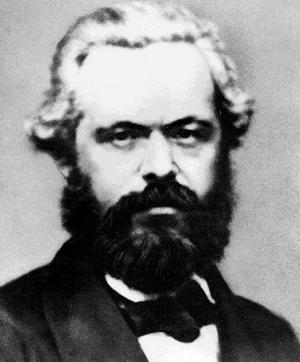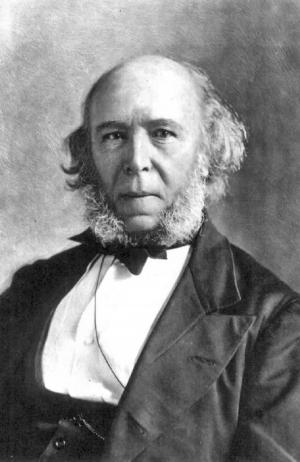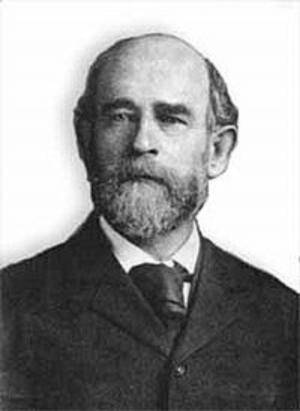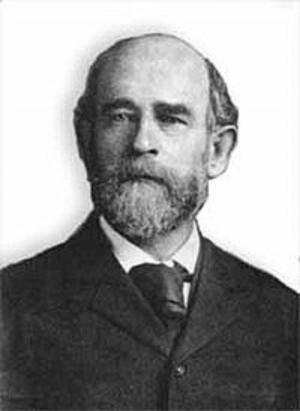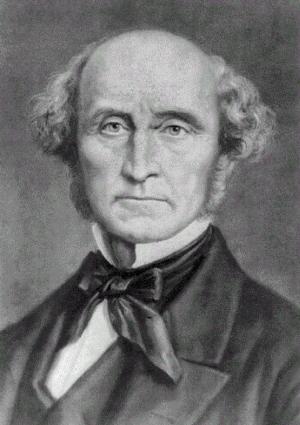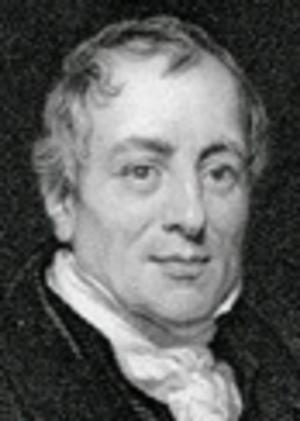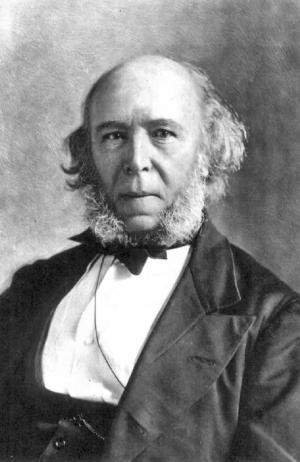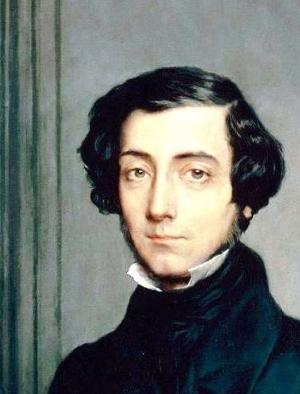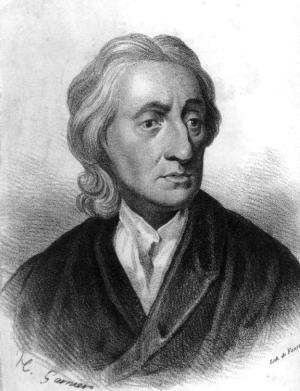John Locke and John Stuart Mill on Religion (Illustrated)
Business & Finance, Economics, Macroeconomics, Theory of Economics| Author: | John Locke, John Stuart Mill | ISBN: | 1230000278001 |
| Publisher: | AS Team | Publication: | November 2, 2014 |
| Imprint: | Language: | English |
| Author: | John Locke, John Stuart Mill |
| ISBN: | 1230000278001 |
| Publisher: | AS Team |
| Publication: | November 2, 2014 |
| Imprint: | |
| Language: | English |
The book has an active table of contents for easy access to each chapter of the following titles:
1. THE REASONABLENESS OF CHRISTIANITY, AS DELIVERED IN THE SCRIPTURES – JOHN LOCKE
2. A VINDICATION OF THE REASONABLENESS OF CHRISTIANITY, FROM MR. EDWARDS’S REFLECTIONS - JOHN LOCKE
3. A SECOND VINDICATION OF THE REASONABLENESS OF CHRISTIANIT - JOHN LOCKE
4. NATURE – JOHN STUART MILL
5. UTILITY OF RELIGION – JOHN STUART MILL
6. THEISM – JOHN STUART MILL
John Locke was Isaac Newton’s best friend. As Newton developed Calculus and Law of Gravity, Locke built the foundation of modern liberalism, political theory, and economics.
Two Treatises of Government by John Locke lays out the theoretical foundation of a modern civilized society based on natural rights and contract theory.
Locke had a huge impact on the social contract and liberal theories and on the development of both epistemology and physical philosophy. American Declaration of Independence is strongly influenced by his ideology. His concepts of identity later influenced Rousseau and Voltaire along with many other Enlightenment scholars and American Revolutionaries.
The three books about Christianity in the collection are John Locke’s most important works about religion and Christianity. John Locke examined the significance of the Fall and its relation to the teachings of Christ in the New Testament.
John Stuart Mill made essential contributions to social theory, political theory, and political economy. He has been called "the most influential English-speaking philosopher of the nineteenth century".
However, John Mill is also a contributor of religious subjects at his time. The three essays by John Mill in the collection presents his argument about nature, theism, utility of religion, and the others.
John Mill’s treatment of the self and his conceptions of truth and human flourishing had important implications on the work Varieties of Religious Experience by William James and the development of William James’s pragmatic naturalism and his moral perspective.
This is a must-read book for people who are interested in the deepest thoughts about religious subjects and economy by John Locke and John Mill, two of the greatest thinkers on the planet.
The book has an active table of contents for easy access to each chapter of the following titles:
1. THE REASONABLENESS OF CHRISTIANITY, AS DELIVERED IN THE SCRIPTURES – JOHN LOCKE
2. A VINDICATION OF THE REASONABLENESS OF CHRISTIANITY, FROM MR. EDWARDS’S REFLECTIONS - JOHN LOCKE
3. A SECOND VINDICATION OF THE REASONABLENESS OF CHRISTIANIT - JOHN LOCKE
4. NATURE – JOHN STUART MILL
5. UTILITY OF RELIGION – JOHN STUART MILL
6. THEISM – JOHN STUART MILL
John Locke was Isaac Newton’s best friend. As Newton developed Calculus and Law of Gravity, Locke built the foundation of modern liberalism, political theory, and economics.
Two Treatises of Government by John Locke lays out the theoretical foundation of a modern civilized society based on natural rights and contract theory.
Locke had a huge impact on the social contract and liberal theories and on the development of both epistemology and physical philosophy. American Declaration of Independence is strongly influenced by his ideology. His concepts of identity later influenced Rousseau and Voltaire along with many other Enlightenment scholars and American Revolutionaries.
The three books about Christianity in the collection are John Locke’s most important works about religion and Christianity. John Locke examined the significance of the Fall and its relation to the teachings of Christ in the New Testament.
John Stuart Mill made essential contributions to social theory, political theory, and political economy. He has been called "the most influential English-speaking philosopher of the nineteenth century".
However, John Mill is also a contributor of religious subjects at his time. The three essays by John Mill in the collection presents his argument about nature, theism, utility of religion, and the others.
John Mill’s treatment of the self and his conceptions of truth and human flourishing had important implications on the work Varieties of Religious Experience by William James and the development of William James’s pragmatic naturalism and his moral perspective.
This is a must-read book for people who are interested in the deepest thoughts about religious subjects and economy by John Locke and John Mill, two of the greatest thinkers on the planet.
